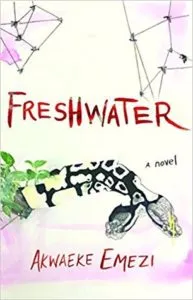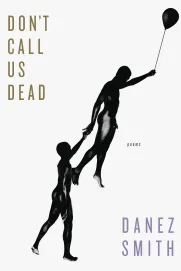
THEY/THEM: 5 Nonbinary and Genderqueer Writers
I want to start off by saying this article was sparked by this Twitter thread by JY Yang about being placed on lists of women writers—I want to identify these writers as nonbinary, which is deserving of respect and inclusion as its own gender or genders. You’ll find no erasing of identities here.
I think a lot about this article by Akaweke Emezi. In it, they describe a bit of Igbo mythology—the ogbanje, a trickster spirit that inhabits the body of children. Emezi specifies that these spirits must never reproduce, and how their identification with the ogbanje through the inhabiting of two worlds influenced their decision to have a hysterectomy. “It was inevitable that I’d be drawn to these overlaps, since I live there, inhabiting simultaneous realities that are usually considered mutually exclusive.”

Listen. Gender is hard. For those of us who identify beyond the binary—nonbinary, genderqueer, gender-fluid, trans—finding language to describe what we are feeling can be difficult and emotional. In their article, Emezi states, “our language around gender identity is often so Western”, which is absolutely true. It makes sense that we might turn to the supernatural or mythological for help. For myself, I always identified with stories about changelings—perhaps I was a fairy or elf and was simply in this body and this world by mistake.
Other cultures have terms to describe this feeling—Natives use the term two-spirit, Hijra is a South Asian term, māhū in Hawaiian culture. For those of us who are stuck with Western concepts, it can be hard to find our place in the world when we are stuck feeling in-between—not masculine enough, not feminine enough, and unsure how to explain that we are both, or neither, or happily inhabiting the space between.
So, we make art. And while not all of these writers discuss gender, sometimes it just helps to know that there are people like us out there. If you’re looking for writers who don’t identify in the binary of man/woman, here’s a good place to start.




 Danez Smith
Danez Smith


